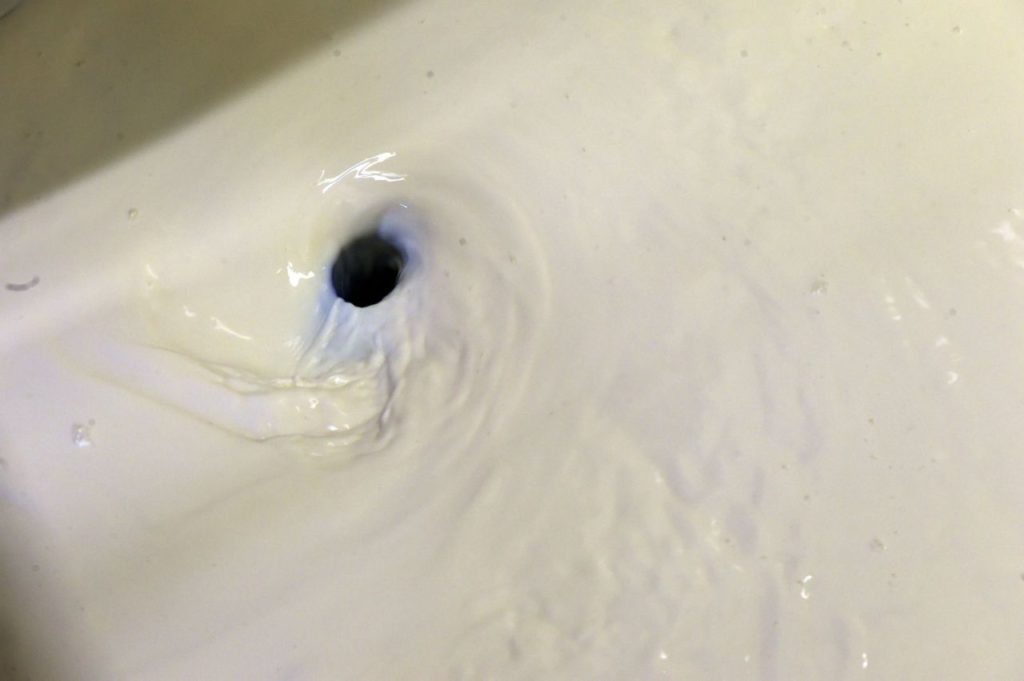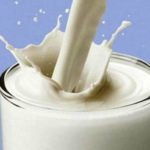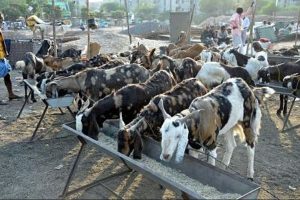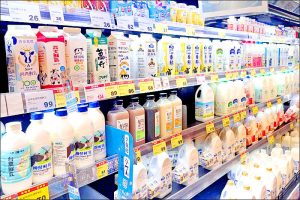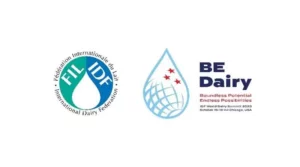
After the dairies, private and cooperatives, reduced collection, some distressed farmers had dumped the milk in the open. The state government then decided to step in.
It is now buying the excess milk from the dairies, for which, farmers will get Rs 25 per litre. The dairies have been asked to convert this milk into butter and powder and store the stock with them. The milk powder can be stored up to six months, and butter for three months. The government will sell this stock when required. The state government has set aside Rs 200 crore for the procurement and conversion.
Currently, the industries and establishments dependent on milk such as tea stalls and hotels are closed. This has resulted in a drop in the collection.
Usually, the daily milk collection of Gokul is 12 lakh litre, which dropped to 8 lakh litre after the lockdown. Similarly, the Rajarambapu dairy procures 2 lakh litre, which dropped to 1.6 lakh litre.
Over the past three days, around 4.5 lakh litre have been procured and sent to the conversion plants of Mahanand dairy and other cooperative dairies such as Gokul.
Ranjit Deshmukh, chairman of government-owned Mahanand dairy, said, “We will procure around 10 lakh litre of excess milk. The farmers will get assured price of Rs 25 per litre, which will keep the rural economy going,” he said.
He added that private dairies, which collect around 70% of the total 1.25 crore daily collection, had stopped taking milk from farmers. Around 60% of the daily collection is sold in packets and rest is converted into byproducts on normal days.
Private dairies have slashed the rate at which they buy milk from farmers – from Rs 30 per litre to Rs 20 per litre.
They will now have to raise the procurement price. “Before the lockdown, the rates were around Rs 30 per litre. It is expected that the state government’s decision will help reduce the selling price of the milk. It will bring some relief to buyers as well.
“In south Maharashtra region, the cooperative dairies such as Gokul and Rajarambabu dairies have sufficient capacity to convert milk into milk powder and butter. Mahanand dairy too has its own plant. The government will stock the products and sell the same to the confectionery industry, bakeries and industries making nutrition-based products. The butter will be stored in the cold storage facilities,” added Deshmukh.
The dairies have stopped producing the byproducts such as buttermilk, curd, cheese, paneer and sweets mainly due to lack of demand.
